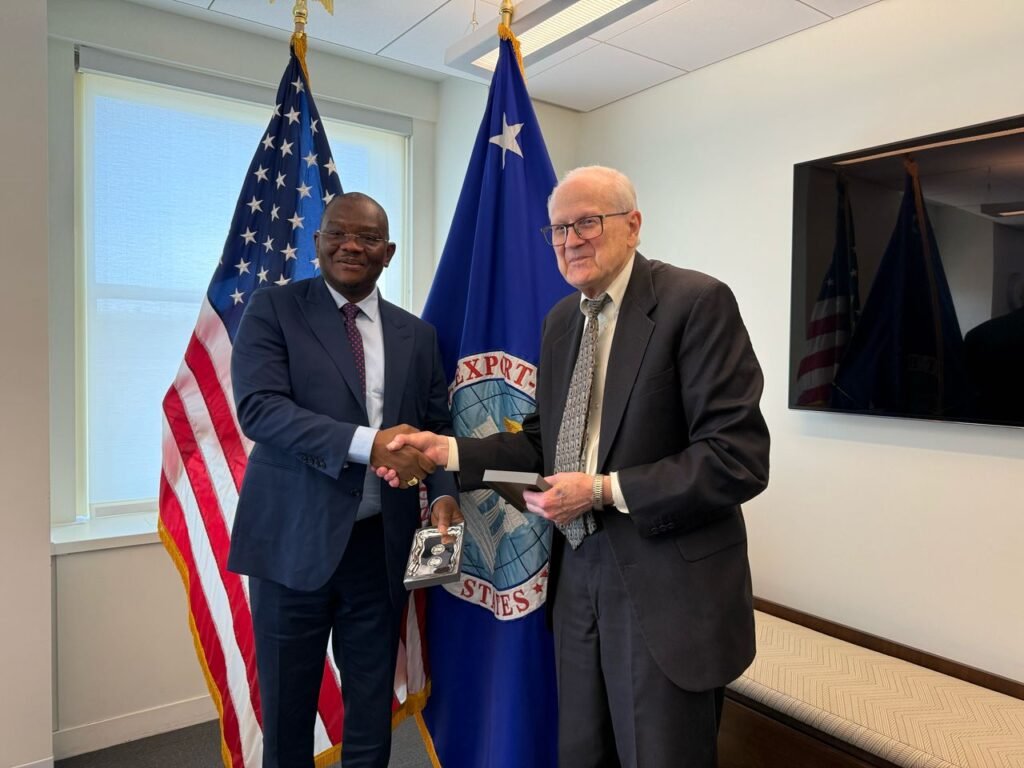Hot!
OccupyJulorbiHouse: Unleashing terror squad on peaceful protesters shameful, unacceptable – Minority to police

The Minority in Parliament has criticised the Ghana Police Service over the arrest and brutalities it meted out to the #OccupyJulorbiHouse demonstrators on Thursday, September 21.
The NDC MPs insist the action by the police is condemnable and shameful and must not be countenanced.
The caucus in a press release issued on Friday, September 22, signed by their leader, Dr Cassiel Ato Forson, said the method of policing deployed by the Ghana Police Service was archaic and backward.
“The Minority in Parliament is outraged at and disappointed in the Ghana Police Service for unleashing a terror squad of police officers who on Thursday shamefully brutalised and arrested peaceful demonstrators in Accra.”
“It is shocking and unacceptable that in 2023 officers of the Ghana Police Service would resort to backward and archaic policing methods to counter peaceful protestors who were only manifesting their lawful and constitutionally guaranteed right,” excerpts of the release said.
They thus condemned the conduct of the police and asked them to learn modern ways of policing.
According to them, the issue will leave a blot on the reputation of the police.
“We condemn in no uncertain terms the police officers’ ruthless and barbaric crackdown on the unarmed peaceful protestors. For a service that has been badly and widely criticised for its partisan policing methods in recent years and for which a parliamentary probe is currently ongoing, the 16th-century style of crackdown and terror unleashed by them on the peaceful protesters in Accra yesterday further dims the reputation of the Ghana Police Service.”
“Even more shocking is the fact the heinous and highhandedness of the police is inconsistent with its motto of service with integrity.”
Source: Myjoyonline.com
Hot!
GEXIM deepens relations with US EXIM Bank

A management team of the Ghana Export – Import Bank (GEXIM) led by the Acting Chief Executive, Sylvester Mensah met with the leadership of the Export–Import Bank of the United States (US EXIM) on Wednesday April 23, 2025 in Washington DC, United States of America.
The Acting President and Chairman of US EXIM, Mr. James C. Cruse and Vice President, International Relations, Ms. Isabel Galdiz received the GEXIM delegation, which included Deputy CEO for Banking, Mr. Moses Klu Mensah and Head of International Cooperation, Mr. Jonathan Christopher Koney at the headquarters of US EXIM.

The meeting offered the GEXIM team the opportunity to share the strategic direction of the Bank in line with the resetting agenda of the President of the Republic, His Excellency John Dramani Mahama for the repositioning of the Ghanaian economy into an export-led one by providing the requisite investment to Ghanaian businesses.
Mr. James C. Cruse expressed US EXIM’s eagerness to deepen its existing relations with GEXIM and proposed the signing of a new Cooperative Framework Agreement following the expiration of a Memorandum of Understanding signed in 2019 to utilize US EXIM’s medium term loan guarantees to procure machinery by GEXIM for qualified Ghanaian Small and Medium-sized Enterprises (SMEs).
Mr.Sylvester Mensah thanked the Acting President and Chairman of US EXIM for hosting the GEXIM delegation and reaffirmed the Ghanaian government’s commitment to strengthening trade and investment between Ghana and its global partners for economic transformation of Ghana with GEXIM playing a pivotal role.
The two teams will be meeting on the sidelines of the 2025 US EXIM Annual Conference on 29th and April 30, 2025 to explore possible areas of collaboration and matching Ghanaian businesses to American companies. The meeting ended with an exchange of gifts.
Hot!
Many SOEs have been used as mere instruments for personal wealth accumulation –Pres.Mahama

President John Dramani Mahama has expressed concern over the misuse of State-Owned Enterprises (SOEs) for personal financial gain by individuals in leadership positions.
Speaking during a meeting with Chief Executives of specified entities under the State Interest and Governance Authority (SIGA) on Thursday, March 13, the President directly attributed the dire state of SOEs to their leadership, accusing chief executives, management teams, and governing boards of prioritising personal enrichment over organisational efficiency.
He pointed to bloated budgets, unjustified allowances, and unnecessary expenditures as factors draining public funds while SOEs continue to rely on government bailouts.
“Many SOEs have been used as mere instruments for personal wealth accumulation by appointees. The chief executives, management, and boards of these enterprises are responsible for this situation. Some SOEs have become perennial loss-makers, draining public funds with bloated budgets, unjustified allowances, and unnecessary expenditures while relying on government bailouts as if entitled to them. Many of these entities are at their lowest point in the entire history of the Fourth Republic,” he said.
President Mahama further noted that many SOEs have been plagued by inefficiencies, corruption, and mismanagement, leading to consistent financial losses. He cited the 2023 State Ownership Report by the State Interests and Governance Authority (SIGA), which highlighted systemic inefficiencies and wasteful expenditures within these entities.
He therefore reaffirmed his commitment to reforming under-performing SOEs and ensuring they serve national interests.
He warned that loss-making SOEs will no longer be tolerated and will either be merged, privatised, or closed.
“I will assess you based on your performance. If you do not align with the pace of the reset agenda, you may be asked to step aside. If that adds to the horror movie, so be it,” he added.
Source: Myjoyonline.com







